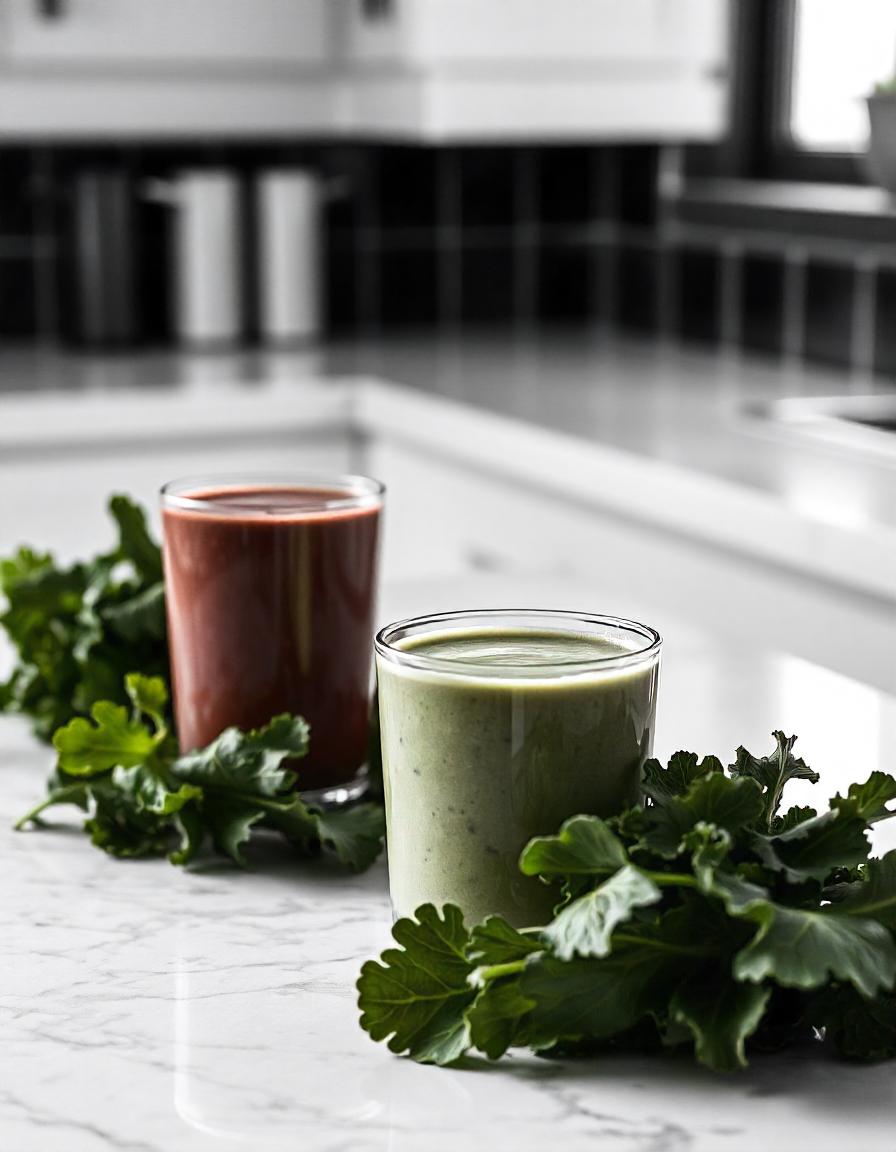The plant-based beverages market has emerged as one of the fastest-growing segments in the food and beverage industry, with projections for 2024 indicating continued robust expansion. As consumers increasingly shift towards healthier, sustainable, and ethical choices, the demand for plant-based drinks is expected to surge, creating a dynamic landscape ripe with opportunity.
Market Size and Growth Projections
As of 2024, the global plant-based beverages market is anticipated to reach significant milestones, with estimates suggesting it could surpass USD 50 billion. This growth reflects a compound annual growth rate (CAGR) of around 10% over the next several years, driven by a combination of factors including evolving consumer preferences, health awareness, and the rise of veganism and flexitarian diets.
North America and Europe are currently leading the market, but growth is also strong in Asia-Pacific and Latin America. In these regions, the increasing adoption of plant-based diets, influenced by health trends and environmental concerns, is fueling demand for various types of beverages, including almond milk, soy milk, oat milk, coconut water, and more.
Key Market Drivers
Several factors are propelling the growth of the plant-based beverages market. Health consciousness is at the forefront; consumers are increasingly seeking alternatives to dairy products due to concerns about lactose intolerance, cholesterol, and the health implications of consuming animal products. Plant-based beverages are perceived as healthier options, often lower in calories and free from hormones and antibiotics commonly found in dairy.
Furthermore, the environmental impact of traditional dairy farming is prompting consumers to consider more sustainable choices. Plant-based beverages typically require fewer resources to produce, generating less greenhouse gas emissions and using less water compared to dairy farming. As more consumers become aware of climate change and sustainability, the demand for eco-friendly products like plant-based beverages will continue to rise.
Innovation and Product Variety
Another important factor contributing to market size is innovation within the sector. Brands are not only expanding their product lines to include a wider variety of flavors and bases—such as hemp, pea protein, and cashew—but are also focusing on enhancing the nutritional profiles of their offerings. Fortified plant-based beverages enriched with calcium, vitamins D and B12, and protein are increasingly popular among consumers who want to ensure they meet their dietary needs without relying on dairy.
Retail channels are also evolving. The availability of plant-based beverages in mainstream grocery stores, specialty shops, and online platforms is enhancing accessibility, making it easier for consumers to make the switch. In 2024, e-commerce is expected to play a significant role in driving sales, as online shopping continues to grow in popularity.
Challenges Ahead
Despite its impressive growth, the plant-based beverages market faces challenges. Price sensitivity remains a concern, as many consumers still view plant-based drinks as more expensive than traditional dairy. Taste and texture also present hurdles, as some consumers are hesitant to fully embrace alternatives that don’t replicate the experience of drinking cow’s milk.
For More Info: – https://www.gmiresearch.com/report/plant-based-beverages-market/
Conclusion
In conclusion, the plant-based beverages market is on an exciting upward trajectory in 2024, driven by health trends, environmental consciousness, and ongoing innovation. With market size projections exceeding USD 50 billion, it’s clear that plant-based drinks are becoming a permanent fixture in the global food and beverage landscape. As consumers continue to prioritize health and sustainability, the future of plant-based beverages looks bright, promising an array of options for those looking to make conscientious dietary choices.
